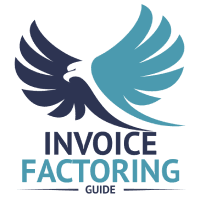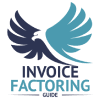Invoice Factoring for Machine Shops
Owning a business like a machine shop, which operates in an extremely capital-intensive and specialized industry, often requires additional funding, especially if your business deals with slow-paying clients.
While you want to extend reasonable payment terms to your customers, your expenses don’t stop accumulating just because your clients can wait up to 90 days to pay their invoices. Plus, whether you’re manufacturing machine parts from metal, glass, wood, or plastic, you need specialized equipment that comes with a hefty price tag.
These factors, and others, can make it challenging to cover your operating costs, such as payroll and expansion, or even to save for a rainy day. Invoice factoring can help you improve the cash flow of your machine shop, reduce the impact of slow-paying customers, and obtain the resources you need to grow your business.
Machine Shop Factoring vs. Bank Loans
There are significant differences between traditional bank loans and invoice factoring. The most notable differences are:

Top Challenges in the Machine Shop Industry
The machine shop industry faces several challenges that can impact business operations. Some of the top challenges include:
Invoice factoring can help machine shops overcome these challenges by providing quick access to working capital, improving cash flow, and providing flexibility in financing.
How to Run a Successful Machine Shop
Running a successful machine shop company requires a lot of hard work, dedication, and attention to detail. Here are a few key points to keep in mind:
Financing Options for Machine Shops
Machine shops have several financing options to choose from when they need to access working capital. Some of the most common financing options include:
Machine Shop Services: Precision, Expertise, and Diverse Capabilities
In the heart of the industrial and automotive sectors, machine shops provide a wide range of services catering to various needs. Machine shop services extend beyond traditional machining, including advanced CNC milling, precision engineering, and automotive rebuild services.
Whether it’s a complex 3D machining task, precision milling for engine parts, or specialized services for automotive rebuilds, teams should be equipped to handle challenges with efficiency and expertise.
If you’re looking to improve the financial stability of your machine shop, invoice factoring is one of the best steps you can take. At Invoice Factoring Guide (IFG), we offer industry-specific information that can help your business thrive. Our comprehensive Invoice Factoring Guide is designed to help you find the right factor and maximize your financing options.
We’re dedicated to providing you with all the resources you need to find the perfect funding partner. Contact us today for a complimentary rate quote, and let us help you find the best invoice factoring company for your machine shop.
Factoring Companies Chosen By Business Owners
“Awesomeness personified. This company saved our business. Instead of having to wait around 2 months for our payments we get them within days.”
“Our transition has been very smooth and easy.”
“I had a great experience from the onboarding to the factoring.”
“They give me the fast cash I need and the team there is great. My rep always takes the time to help me out.”
“The people there really care about you and I’m very happy with the service I’ve gotten.”
“I was completely impressed with their professionalism and customer service.”
Get an instant funding estimate
Results are estimates based on the calculated rate and the total invoice amount provided.
Actual rates may vary.
Request a Factoring Rate Quote
PREFER TO TALK? Call us at 1-844-887-0300
A Network Featured by the Media
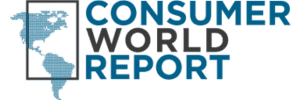
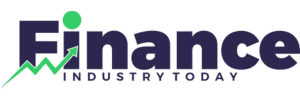
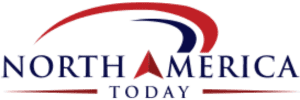



Partners Affiliated with Industry Leaders



